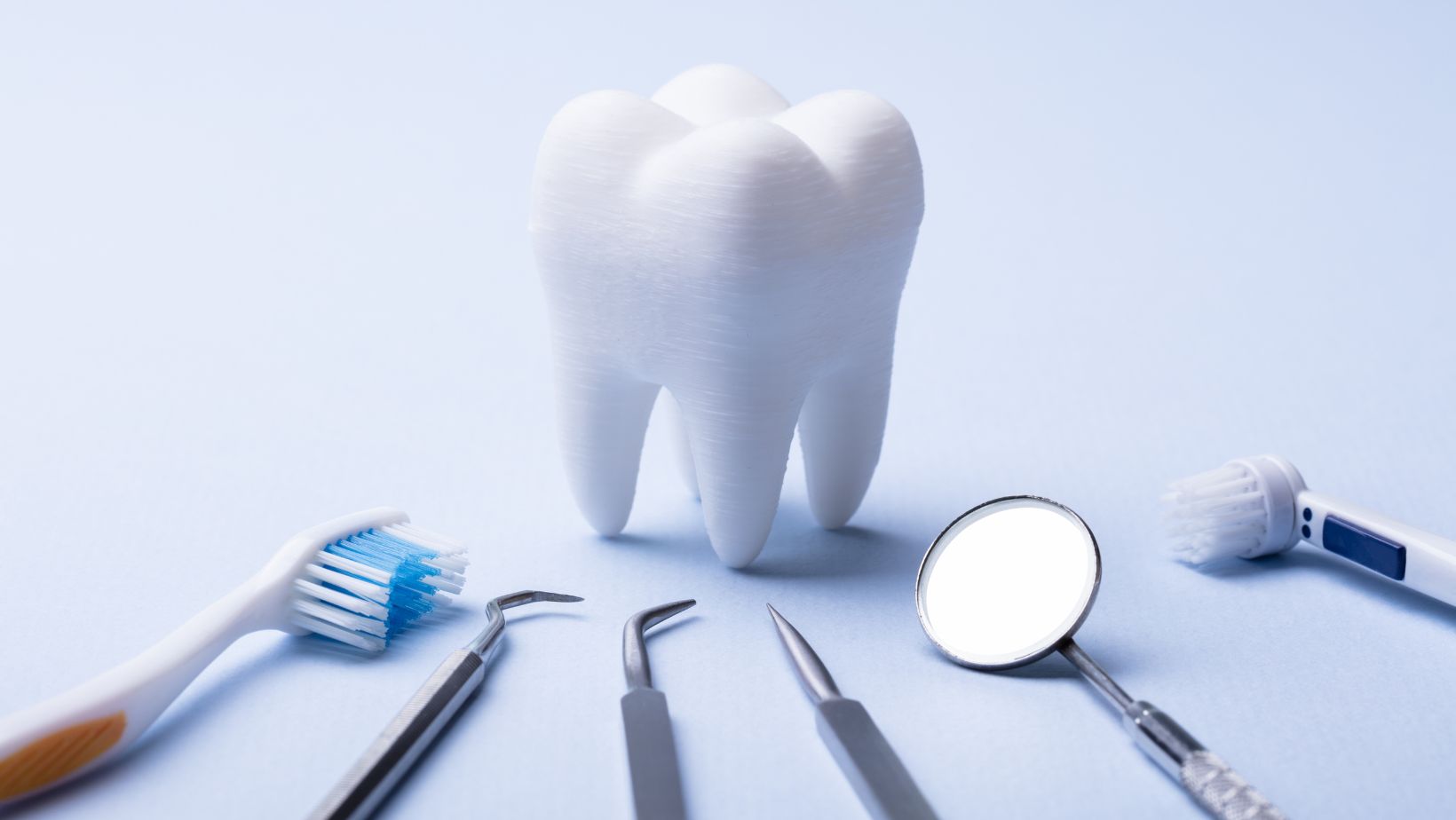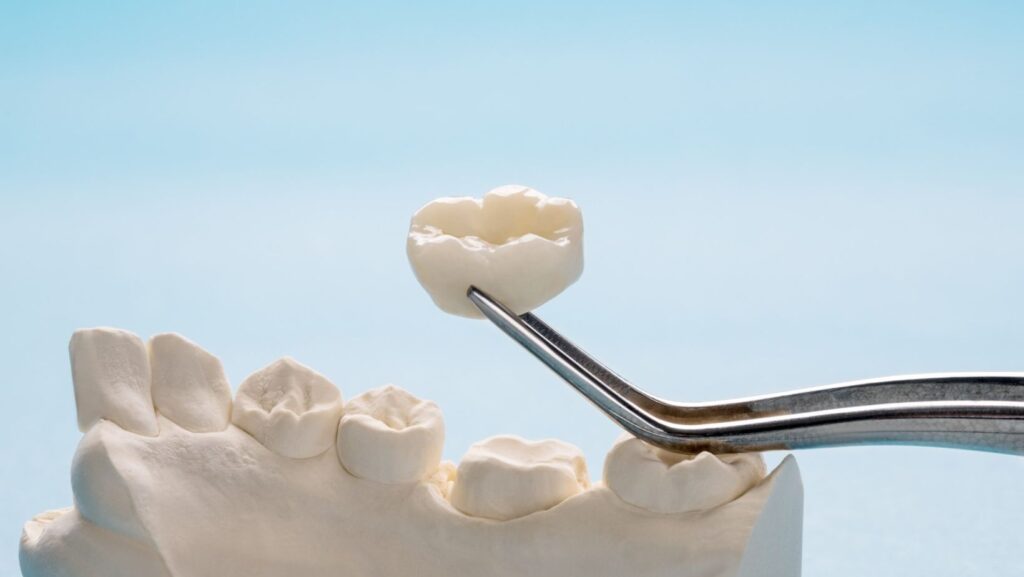Dental crowns are custom-made caps placed over damaged or weakened teeth, providing both protection and aesthetic enhancement. These restorative solutions are often used when teeth are too compromised for fillings or other treatments. Crowns help restore tooth function, improve appearance, and prevent further damage. They are recommended in various situations, from severe decay to cosmetic concerns, and are an essential option for preserving dental health.
In this article, we’ll explore when dental crowns are necessary and how they benefit oral health in different scenarios.
Restoring Severely Decayed Teeth
When tooth decay becomes severe, standard fillings may no longer be effective. Fillings work well for minor cavities, but when a significant portion of the tooth is compromised, they can’t provide the necessary strength or durability. In these cases, a dental crown is a better solution. Crowns are designed to restore decayed teeth by covering the entire surface, protecting the underlying structure, and preventing further damage. They also help restore chewing function and ensure the tooth’s long-term stability, offering a more comprehensive solution for advanced decay.
Cracked or Damaged Teeth
When a tooth is cracked or damaged, it becomes more vulnerable to further breakage. Dental crowns play a vital role in strengthening these compromised teeth by fully covering them and holding the structure together. This protective layer helps to prevent the crack from worsening, especially during chewing or biting. Without a crown, even small cracks can lead to more extensive damage, increasing the risk of tooth loss or the need for more invasive treatments. Crowns ensure long-term protection and maintain the tooth’s functionality.
After Root Canal Treatment
After a root canal procedure, the tooth is often left weakened due to the removal of infected or damaged tissue from inside the tooth. While the treatment saves the tooth, the structure becomes more fragile and prone to fractures. A dental crown is typically necessary to reinforce the entire tooth, providing protection and restoring function. The crown covers the weakened tooth structure, ensuring it remains strong enough to handle daily activities like chewing without the risk of further damage. This step is crucial for long-term tooth preservation.
Cosmetic Enhancement
A dental crown procedure is an effective solution for improving the appearance of discolored or misshapen teeth. Crowns can correct irregularities in tooth shape, size, and color, offering a natural, polished look.

Modern dental restorations use materials like porcelain and ceramic, which are designed to blend seamlessly with the surrounding teeth. These materials mimic the translucency and texture of natural enamel, providing an aesthetically pleasing result. With a well-fitted crown, patients can achieve a balanced, symmetrical smile while maintaining the function and health of their teeth.
Supporting Dental Bridges
Dental crowns play a crucial role in supporting dental bridges. A bridge is used to replace one or more missing teeth by spanning the gap between them, and crowns are placed on the adjacent natural teeth to anchor the bridge in place. These crowns provide the necessary stability to keep the bridge secure, ensuring proper function and durability. In the context of dental prosthetics, crowns help maintain the overall structure and alignment of the bite, allowing patients to chew and speak comfortably while also restoring the appearance of their smile.
Protecting Worn Teeth
Teeth that are worn down, often due to grinding or bruxism, are at a higher risk of further damage and sensitivity. Dental crowns can effectively address this by covering and protecting the worn teeth, preventing additional wear, and restoring their natural shape and strength. By acting as a durable shield, crowns help preserve the remaining tooth structure and reduce the risk of fractures or chips. Additionally, they improve overall function, ensuring the teeth can handle daily activities like chewing without the risk of further deterioration.
Coverage for Dental Implants
Dental crowns are an essential part of dental implants, serving as the visible portion that replicates the look and function of a natural tooth. Once the implant is securely in place, a custom crown is attached, completing the restoration. These crowns are available in various materials, including porcelain, ceramic, and zirconia, allowing for a tailored approach based on the patient’s needs and preferences.

Customization options ensure that the crown blends seamlessly with surrounding teeth, providing both durability and a natural appearance for a long-lasting solution, helping you achieve the perfect smile.
Final Thoughts on Dental Crowns
Dental crowns are a versatile solution for a wide range of dental issues, from restoring severely decayed or cracked teeth to covering dental implants and improving the appearance of misshapen or discolored teeth. They also play a critical role in supporting bridges and protecting worn teeth from further damage. If you’re experiencing any of these concerns, consulting with a dentist can help you determine whether a crown is the best option for your dental health. Personalized advice will ensure you receive the most effective treatment.
